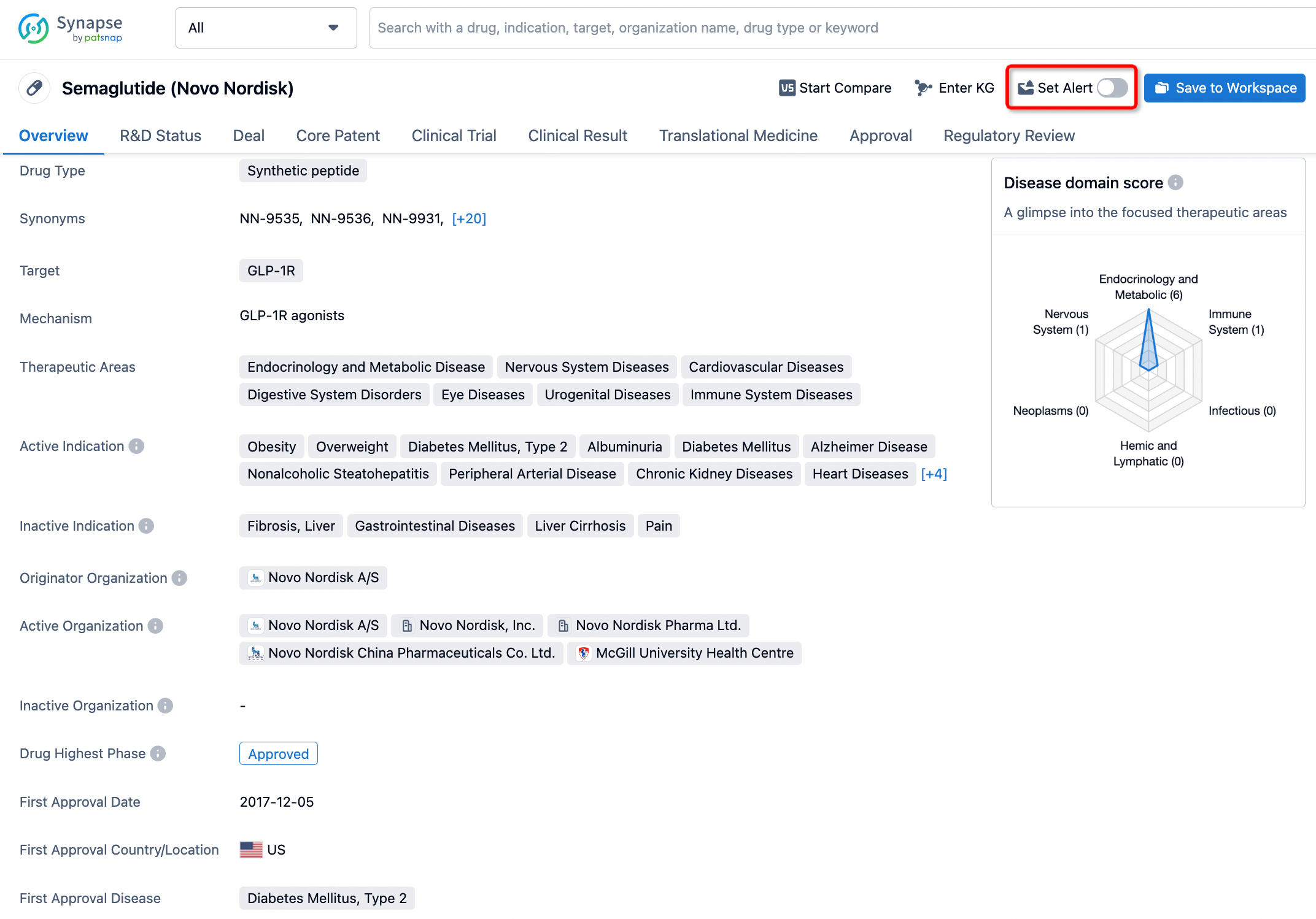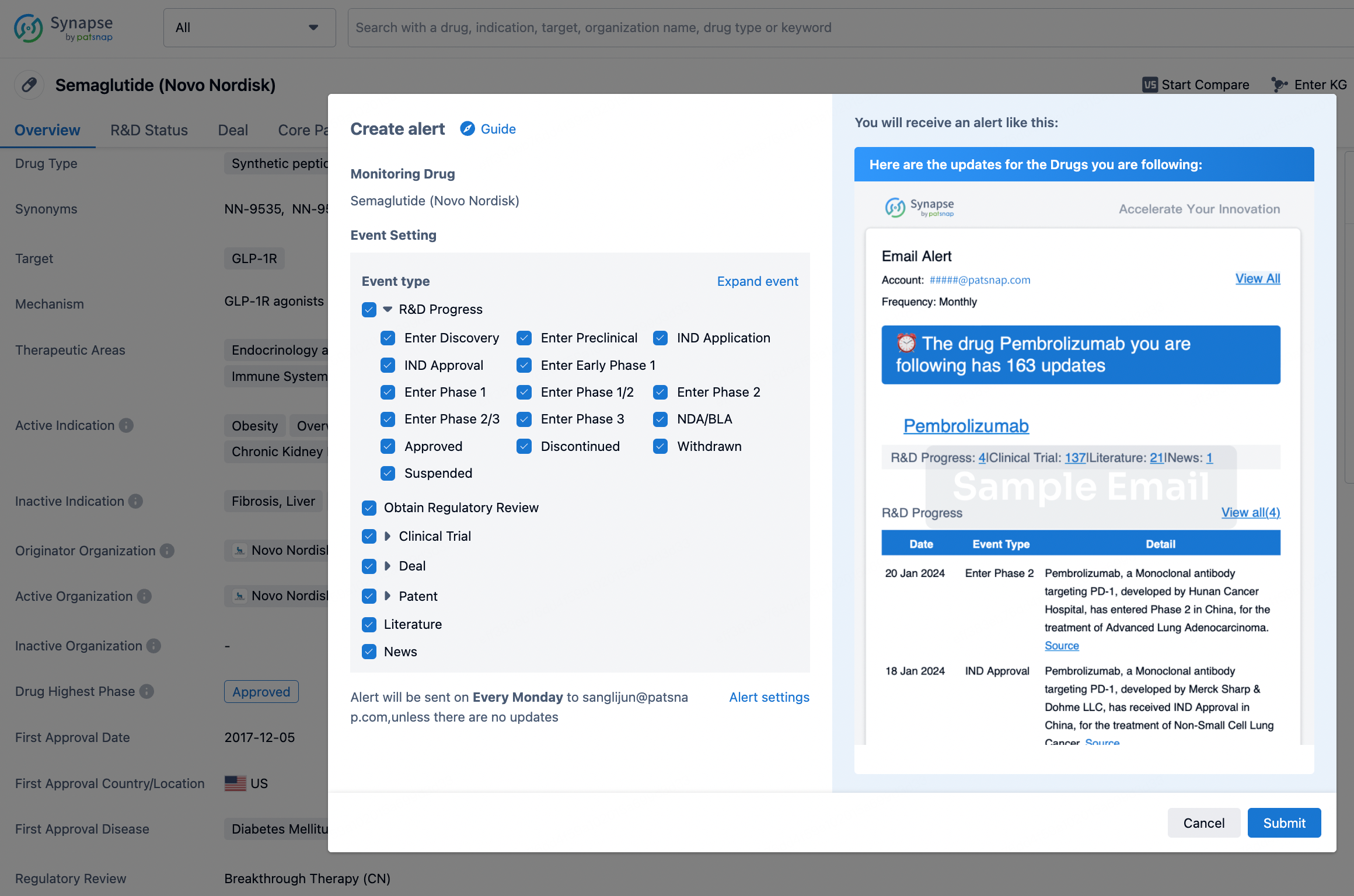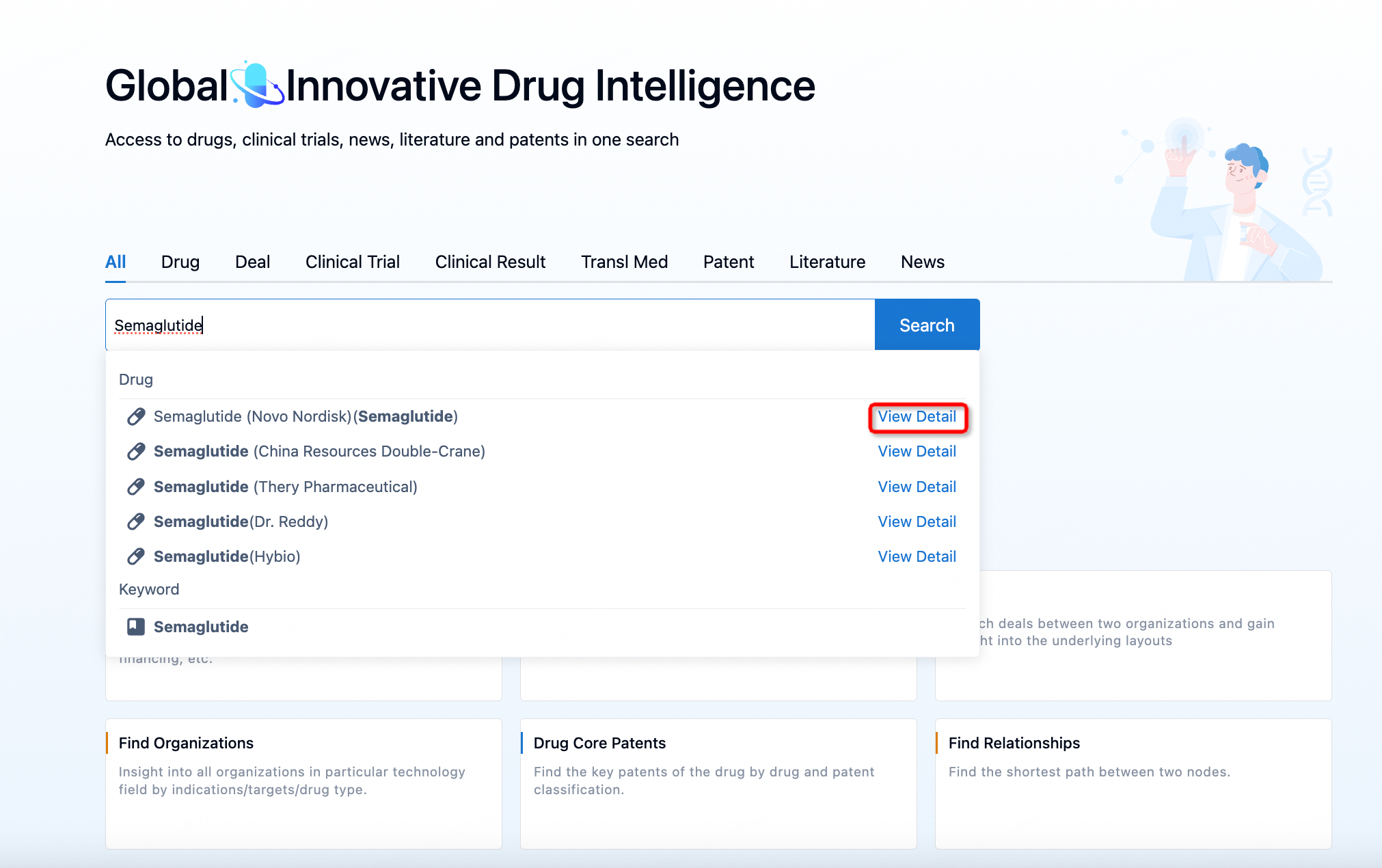What Does Loncastuximab Tesirine Do?
Loncastuximab tesirine, marketed under the brand name Zynlonta, is a targeted antibody-drug conjugate (ADC) developed by ADC Therapeutics SA. This novel therapy is designed to treat adults with relapsed or refractory large B-cell lymphoma (LBCL) after at least two prior lines of therapy have failed or are no longer effective. Loncastuximab tesirine is a type of miscellaneous antineoplastic drug, indicating its role in cancer treatment. It is administered intravenously and has been granted orphan drug designation by the FDA for the treatment of large B-cell lymphoma.
Mechanism of Action of Loncastuximab Tesirine
Loncastuximab tesirine is an ADC that combines a monoclonal antibody with a cytotoxic drug. The monoclonal antibody component specifically targets CD19, a protein commonly expressed on the surface of large B-cell lymphoma cells. Once bound to the CD19 protein, the ADC is internalized by the cancer cell, where the cytotoxic payload is released, leading to the destruction of the cancer cell. This targeted approach aims to minimize damage to healthy cells and reduce off-target effects.
How to Use Loncastuximab Tesirine
Loncastuximab tesirine is administered by intravenous injection, typically once every three weeks, by a healthcare provider. The initial dosing regimen involves a 0.15 mg/kg IV infusion over 30 minutes on Day 1 of each cycle for two cycles, followed by a reduced dose of 0.075 mg/kg for subsequent cycles. Premedication with dexamethasone is recommended to mitigate potential side effects. Patients should be closely monitored for signs of infection and other adverse reactions, and treatment may be delayed based on the results of frequent medical tests.
Side Effects of Loncastuximab Tesirine
Loncastuximab tesirine can cause a range of side effects, including serious and potentially life-threatening reactions. Common side effects may involve the skin, with new or worsening rashes, peeling, redness, or irritation. Other side effects can include fluid build-up in the lungs, low blood cell counts, and signs of a serious infection. Patients should seek immediate medical attention if they experience symptoms such as difficulty breathing, chest pain, fever, chills, mouth sores, easy bruising, unusual bleeding, or any signs of an allergic reaction.
Contraindications and Precautions
Loncastuximab tesirine is contraindicated in patients with a history of severe allergic reactions to the drug or its components. It is also contraindicated in patients with active hepatitis B infection or untreated latent tuberculosis infection. Special precautions should be taken in patients with liver problems or a history of infection. The drug can cause fetal harm, and therefore, pregnancy testing is recommended for women of childbearing age, and both men and women should use contraception during treatment and for a specified period after the last dose.
Drug Interactions with Loncastuximab Tesirine
The potential for drug interactions with loncastuximab tesirine should be carefully considered, as other medications, including prescription and over-the-counter drugs, vitamins, and herbal products, may affect its safety and efficacy. Patients should inform their healthcare provider of all current medications before starting treatment with loncastuximab tesirine.
In conclusion, loncastuximab tesirine represents an innovative approach to the treatment of large B-cell lymphoma in patients who have exhausted other treatment options. Its targeted mechanism of action offers a potentially more effective and less toxic alternative to traditional chemotherapy. However, due to its potential for serious side effects and drug interactions, loncastuximab tesirine therapy requires careful monitoring and management by healthcare professionals.
How to obtain the latest development progress of all drugs?
In the Synapse database, you can keep abreast of the latest research and development advances of all drugs anywhere and anytime, daily or weekly, through the "Set Alert" function. Click on the image below to embark on a brand new journey of drug discovery!







